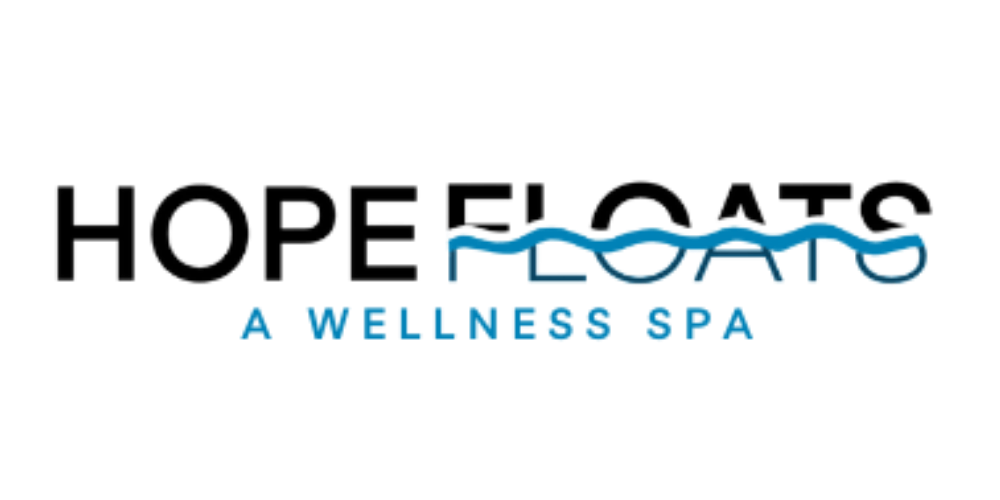Nurturing Body and Baby: The Benefits of Floatation Therapy During Pregnancy
Pregnancy is a unique journey marked by significant physical and emotional changes. As an expectant mother, taking care of yourself is not just important; it's vital.
One holistic practice that has gained popularity among pregnant women is floatation therapy.
Here, we'll explore the many ways in which floatation therapy can provide relief, relaxation, and rejuvenation during pregnancy.
Pregnancy and the Need for Relaxation
During pregnancy, the body undergoes various physical changes that can result in discomfort, pain, and stress. The additional weight and strain on muscles and joints can lead to back pain, swollen feet, and general fatigue.
The mental and emotional aspects of pregnancy can be challenging as well. Floatation therapy offers a sanctuary for relaxation and relief.
Understanding Floatation Therapy
Floatation therapy, often referred to as sensory deprivation or isolation tank therapy, involves immersing oneself in a pod or tank filled with a buoyant mixture of water and Epsom salt.
The water's density allows you to float effortlessly, while the tank provides a quiet, dark, and tranquil environment.
The buoyant environment in flotation tanks is created by 1,000 pounds of medical-grade Epsom salt, and the skin absorbs Magnesium from the salts while floating.
Epsom salt is known to ease muscle soreness, but it also holds natural anti-inflammatory properties and aids digestion.
Five Benefits of Floatation Therapy During Pregnancy
There are so many benefits to floating (especially while pregnant), here are five that provide much-needed relief.
1. Pain Relief
The weightlessness provided by floatation therapy relieves the pressure on joints and muscles. This can be especially helpful in alleviating back pain and discomfort associated with the third trimester.
2. Stress Reduction
Also known as R.E.S.T. (Reduced Environmental Stimulation Therapy), floatation therapy creates a serene and quiet environment that promotes relaxation and reduces stress. So much so, that a single hour of floating can reduce cortisol levels comparable to a week-long vacation.
This can have a positive impact on both the expectant mother and the developing baby.
3. Improved Sleep
Many pregnant women experience sleep disturbances. Floatation therapy helps to relax the mind and body, potentially leading to better sleep quality and improved overall well-being.
4. Elevated Mood
The release of endorphins during floatation can lead to an improved mood, which is particularly beneficial for maintaining positive mood levels.
Floating has been proven to alleviate anxiety, burnout, and symptoms of depression. Many of our clients choose to float over the course of their pregnancy and find it valuable postpartum. If you love floating, be sure to ask us about our packages and memberships.
5. Enhanced Connection
For some expectant mothers, floatation therapy provides an opportunity to connect with their babies on a profound level. The sensory isolation and weightless environment can create a unique bonding experience.
Safety Considerations
It's essential to consult with your healthcare provider before beginning floatation therapy during pregnancy. In general, floatation therapy is considered safe for expectant mothers, but individual circumstances may vary.
Floatation therapy is a holistic approach to wellness that can offer significant benefits to pregnant women. It provides relief from physical discomfort, relaxation, and an opportunity to nurture the connection with your developing baby.
When incorporated into your prenatal care routine with the guidance of your healthcare provider, floatation therapy can become a valuable tool for enhancing your pregnancy experience.
At Hope Floats, we are committed to providing a safe and serene environment for expectant mothers seeking the benefits of floatation therapy. We invite you to explore this extraordinary practice and experience its positive impact on your pregnancy journey.
Remember, your well-being is paramount, and floatation therapy is one way to ensure that both you and your baby receive the care and attention you deserve during this transformative time.


